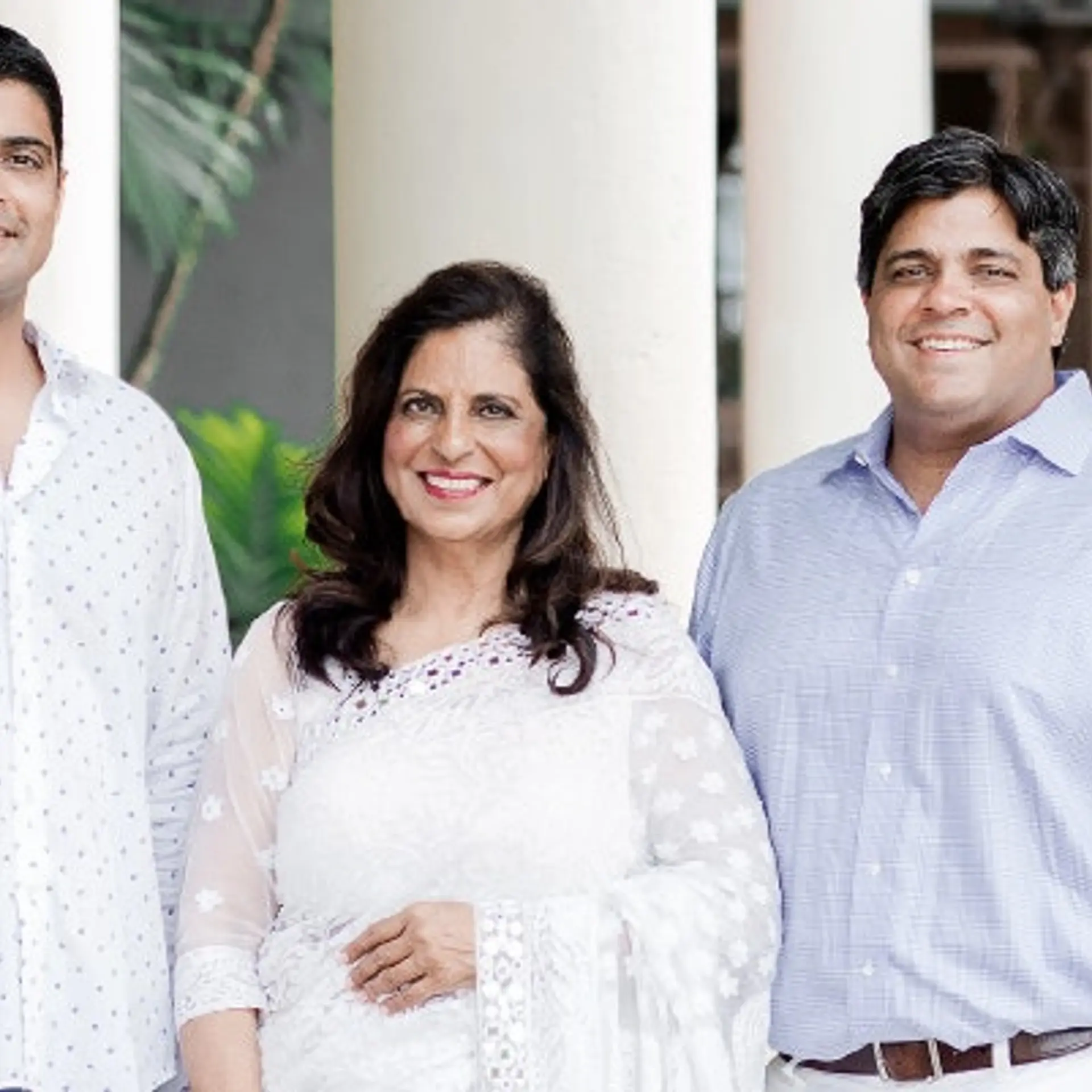Why growing better, not faster, is the key to success for Indian SMEs
SMEs face a multitude of challenges that cause them to make less-than-ideal choices when it comes to growing their businesses. Here's why they should focus on growing better, not faster.

Every founder wants their idea to be the next big idea. Many business owners begin their passion projects with the perception that success equates to reaching the finish line first — whether that’s being the first to IPO or getting acquired by a larger organisation.
We have all heard the story of the tortoise and the hare. It is an apt analogy for business growth. One starts off the race fast and carelessly while the other starts the race intentionally and steadily. Whatever a business’s end goal may be, there is a lesson to be learned in the tortoise and hare analogy. A rigid focus on rapid growth or ‘winning’ at any cost can be detrimental, and can often result in failure.
SMEs face a multitude of challenges that cause them to make less-than-ideal choices when it comes to growing their businesses. Often, it’s the customer who suffers the consequences of those decisions. These choices might accelerate growth temporarily, but soon, customers begin to share their dissatisfaction widely and loudly, and take their business elsewhere. That kind of growth, at the expense of the customer, is not sustainable growth.
The phrase ‘grow better’ is particularly applicable to businesses in India, where there is an ecosystem of ambitious, growing startups and SMEs that ultimately fail to reach their true potential because they are unable to achieve sustainable growth. Of course, that occurs for lots of reasons, including insufficient funds and limited access to resources.
In fact, the number of investments made in 2018 fell 22 percent year-on-year, primarily driven by a sharp drop in angel and seed rounds. However, the total capital invested decreased by just five percent, proving that the funds are still available, but investors are becoming more selective, pouring more capital into fewer Indian businesses. It’s never been easier to start a business, but has also never been harder to scale one.
Those that overcome these challenges often still fail because they prioritise growth at any cost, instead of growing better. Sometimes, this is because of pressure from VCs, but much of it boils down to their attitude towards how they grow, and whether they take a customer-obsessed vs. self-obsessed approach.
Yet the truth is, SMEs are in an advantageous position to take a customer-obsessed view towards growth from the very beginning considering they usually operate with a much greater sense of agility than large companies.
Cure.fit, a platform making it easy for people to lead a healthy lifestyle across food, physical fitness, mental well-being and primary healthcare in one place, are well-known for being customer-obsessed. Customer feedback on routines is collected via the app and analysed to ensure that unpopular routines are weeded out fast. In a recent interview, Cure.fit’s engineering lead, Ankit Gupta, remarked, “Talk to anyone at Cure.fit and they’ll tell you how the company is leveraging technology to not just solve problems but to also ensure timely and efficient execution, as well as customer delight.”
Prioritising customer delight is an obvious tool for growth since customers have the potential to become the most powerful marketing channel. Data from PwC’s most recent Consumer Intelligence Series found that globally, consumers are more loyal to companies that offer a better experience, and as a result, are willing to spend up to 16 percent more on products and services from said companies. Compromising on customer experience ultimately means missing out on driving word of mouth, and that’s a mistake no company should be willing to make.
Whether large or small, the businesses that do not prioritise customer delight, and make decisions at the expense of the customer in order to grow quickly, are the ones that usually fail to achieve long-term success. Ultimately, chasing growth at the expense of the customer mortgages the future, because growth that sacrifices the customer experience isn’t growth at all -it’s debt. For that reason, SMEs in particular should focus on growth with a conscience, and that is the key to build a truly remarkable, modern company.
(Disclaimer: The views and opinions expressed in this article are those of the author and do not necessarily reflect the views of YourStory.)









